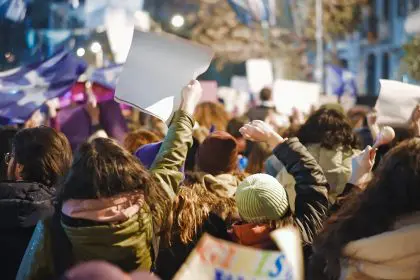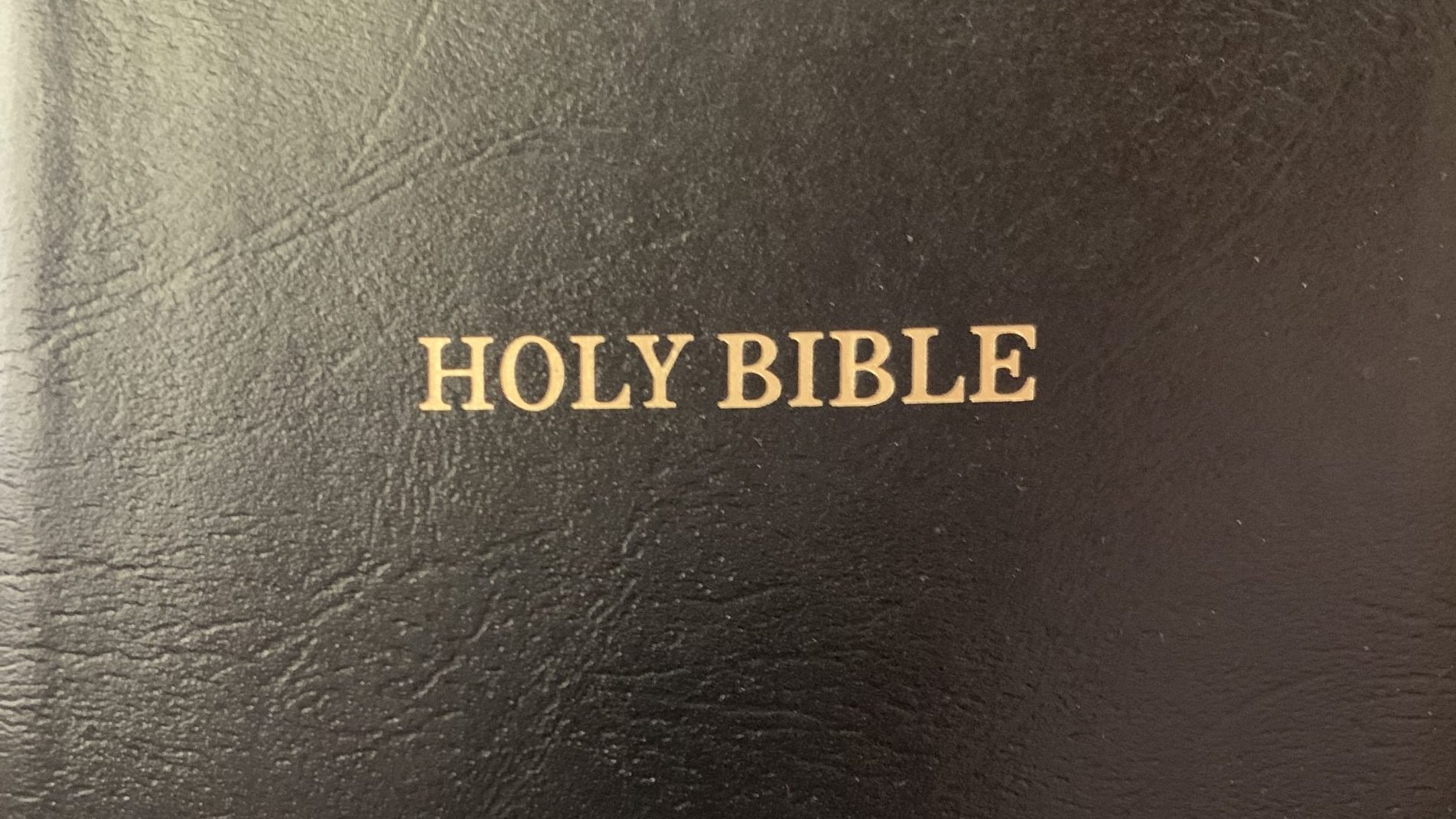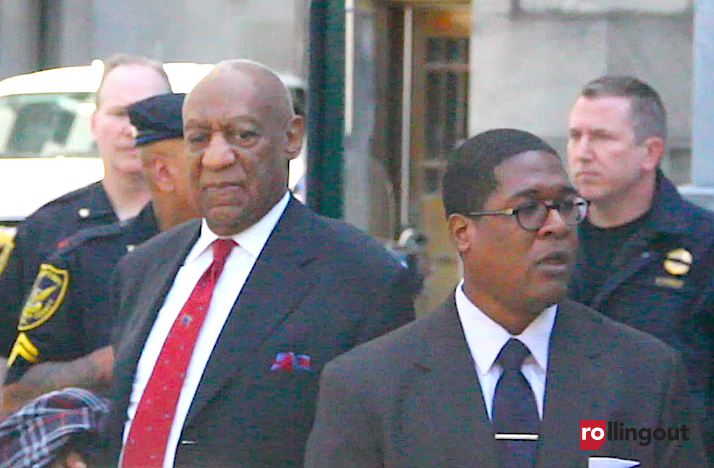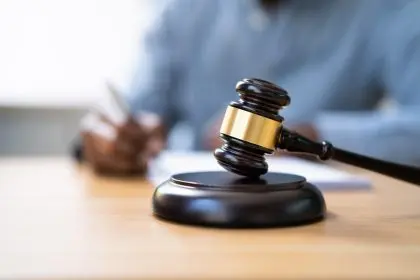 It is ironic, that after the execution of Troy Davis in Georgia on Sept. 21, the United States Supreme Court returns to the bench to address a number of issues, most of which deal with the criminal justice system. This may be the first time in a while such a docket has presented itself in which outcomes may deal with inequalities in criminal law that impact African Americans disproportionately. The following six cases in particular may have greater impact on African Americans than any other ethnic group in America.
It is ironic, that after the execution of Troy Davis in Georgia on Sept. 21, the United States Supreme Court returns to the bench to address a number of issues, most of which deal with the criminal justice system. This may be the first time in a while such a docket has presented itself in which outcomes may deal with inequalities in criminal law that impact African Americans disproportionately. The following six cases in particular may have greater impact on African Americans than any other ethnic group in America.
The United States v. Jones: In this case, FBI agents planted a GPS device on a car while it was on private property and then used it to track the position of the automobile every ten seconds for a full month, without securing a search warrant. The question is whether or not the police need a warrant to attach a tracking or GPS device to a car and track its movements over extended periods of time.
Florence v. Board of Freeholders: This case will examine whether a correctional facility violated the Fourth Amendment rights of arrestees charged with minor and non-indictable offenses by conducting strip searches and visual body cavity searches prior to being admitted to the general prison population. Albert Florence was arrested on a bench warrant from Essex County, New Jersey. The warrant charged Florence with the non-indictable offense of failure to pay a fine. Florence protested indicating that he had paid the fine, and after his arrest and detention, the charge was, in fact, dismissed. Florence was strip searched and subjected to a visual body cavity search upon his arrival at the Burlington County Jal immediately after his arrest. He was then strip searched again and subjected to yet another visual body cavity search six days later upon his transfer to the Essex County Correctional Facility.
Maples v. Thomas: Maples v. Thomas is an Alabama death penalty case. Cory R. Maples was a death row inmate who lost his chance to appeal a decision against him because his lawyers had missed a filing deadline. The two lawyers from the prestigious New York law firm who had agreed to represent him, had quit some time before without informing Mr. Maples. A clerk attempted to notify the lawyers of the court’s action, but the letters were returned unopened. Maples discovered that he had missed the deadline for appealing to the next level. The court will determine if the missed deadline, due to the law firm and not the inmate, should be suspended. Especially when a representative of the court in the form of a clerk did nothing to inform others the court mail had been returned marked “return to sender.”
Perry v. New Hampshire: This case will deal with the question of what the Constitution has to say about the use of eyewitness evidence and due process protections against unreliable identification made under suggestive circumstances. Barion Perry is in prison for breaking into a car in 2008. A woman informed Nashua, N.H., police that she saw Perry from the window of her apartment taking things out of a parked car. She identified Perry at the scene, but later could not pick him out of a photo lineup or describe him to police. Perry filed a motion to suppress the photo identification because it was “unnecessarily suggestive” that he was a criminal because he was in handcuffs. The New Hampshire Supreme Court upheld his conviction.
Connick v. Thompson: In 1985, John Thompson was convicted of murder in Louisiana after already having been convicted in a separate armed robbery case. He decided not to testify on his own behalf in his murder trial and was sentenced to death. He spent 18 years in prison of which 14 were spent in isolation on death row. A month before his scheduled execution, a lab report was discovered proving his innocence, which the prosecutor withheld during his trial. Withholding exculpatory evidence is a criminal act, thus a reviewing court vacated both convictions and Thompson was found not guilty in a retrial on the murder charge. The issue and question the court will address is does imposing failure-to-train liability on a district attorney’s office for a single Brady violation stand?
Missouri v. Frye: In this case, Missouri prosecutors offered Galin E. Frye two deals while seeking his conviction for driving while his license was revoked. However, Frye’s lawyer never told him about the offers. Frye pleaded guilty to a felony charge and was sentenced to three years in prison. He appealed, saying his lawyer should have told him about the previous deals. A Missouri appeals court agreed. Prosecutors contend that not knowing about the deals they offered doesn’t mean that Frye didn’t know what he was doing when he decided to plead guilty. The question will be whether or not a defendant who validly pleads guilty asserts a claim of ineffective assistance of counsel by alleging that but for counsel’s error in failing to communicate a plea offer, he would have pleaded guilty with more favorable terms?














